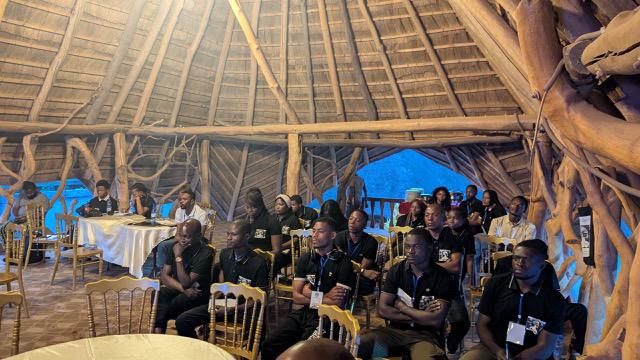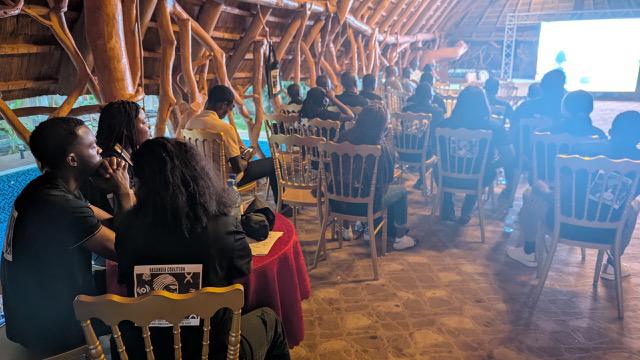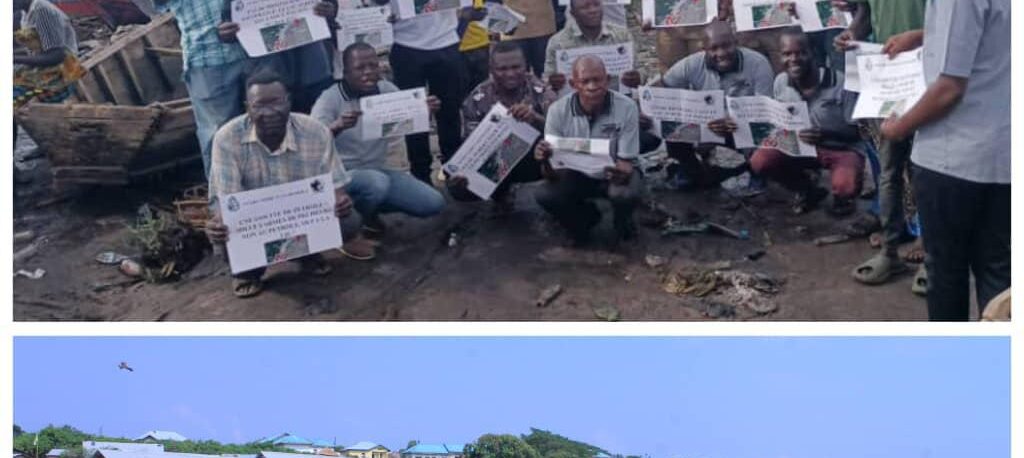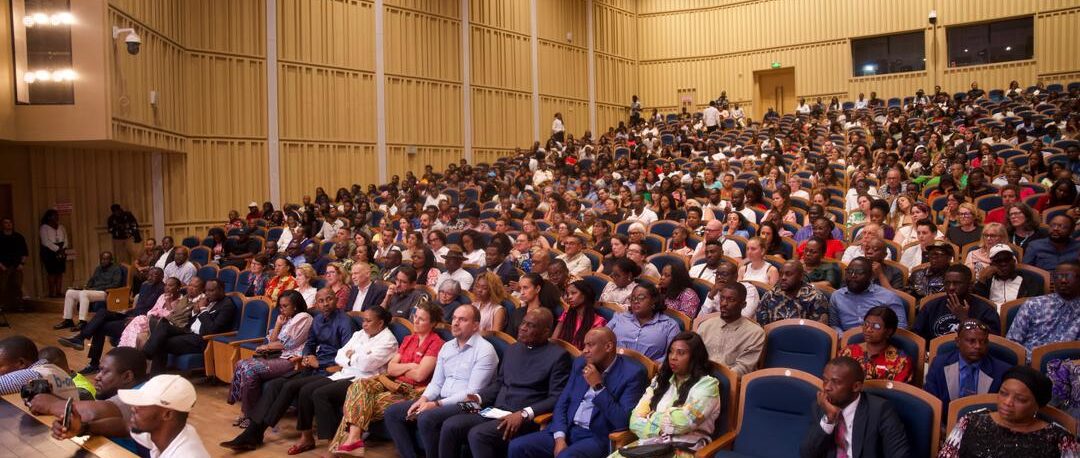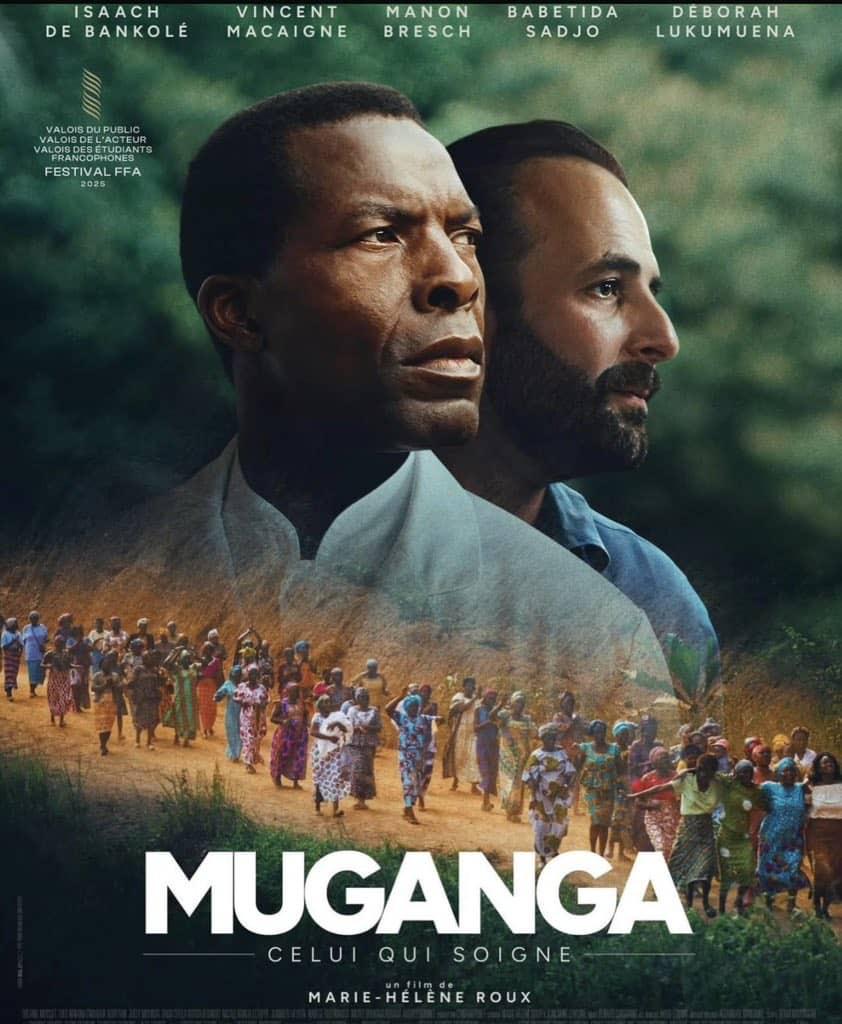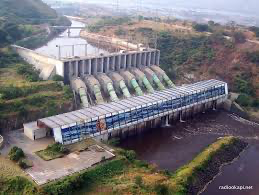The Democratic Republic of Congo boasts the world’s deepest river and a vast rainforest that spans over three million square kilometres. The natural resources available in the DRC have huge potential for the proliferation of greener and more sustainable living and practices. Normally, the availability of such resources as the DRC’s water sources and the Congo Basin would contribute to the adoption of cleaner energy sources and clean water for the population. Yet, in practice, such sources are not utilized in a manner favourable to local communities or the environment. Moreover, faulty governance structures aggravate corruption, resulting in the overall lack of operationalisation efforts to harness renewable energy. Despite these realities, there remains much hope for the Congolese population concerning cleaner energy sources and innovation strategies to effectively utilize available renewable energy. This would require a concerted national effort, firstly through policy implementation, leading to the adoption of practices that promote a greener way of life, in turn improving the health and well-being of the population.
However, decades of war, pillaging, and conflict have rendered these natural resources, like the Congo basin and the Congo River, almost useless. That is, not enough attention has been paid to exploring the benefits of Congo’s natural resources. As such, their usage remains largely unexplored. Areas like the Congo Basin–a vast carbon sink–and rainforest would contribute significantly to climate change mitigation through the mass absorption of carbon dioxide emissions and polluted air. However, these areas, like the rainforests, are increasingly inhabited by rebels and militia groups, functioning against the government and the population. Where time should be accorded to exploring the benefits of Congo’s natural resources, government interests around such projects give precedence to economic gain, with little regard to the impact on the population or the environment. During former president Mobutu’s governance, one such idea was the Grand Inga Dam (Inga 1 and 2), intended to be a source of hydroelectricity drawn from the DRC’s Congo River. Today, a similar project has resurfaced under the title ‘Inga 3’, which many see as an economic strategy rather than a means to mitigate environmental stress or improve the lives of Congolese communities.
Supported initially by Belgian colonists, such projects as the Inga 1 in 1972 and Inga 2 in 1982 dams failed to successfully increase Congo’s economic capital, due to issues like corruption, overrunning costs, and a lack of servicing that contributed to the overall poor maintenance and functioning of the dams. Where the use of the dams could have led to electricity being generated across the country, their usefulness was limited to serving private mining companies and places along the Inga-Kolwezi transmission line.
Statistics from the World Bank show that as of 2023, just over 20% of the population nationally had access to electricity, 55% of the urban population managed to access some electricity, and a shocking 99% of the rural population had no access to electricity. According to the International Trade Administration’s 2024 country commercial guide on Congo, the DRC’s government aims to augment the service level of electricity available to 32% by 2030. Considering the current figures, which underline the scarcity of electricity access, this seemingly small projection is actually quite significant.
Taking the World Bank’s statistics into account, a 32% augmentation in electricity availability seems like a distant dream! This, despite the nation having the faculties to harness enough power for itself and its neighbours. So, what of durable solutions? The Inga dams are part of a recurrent discourse addressing possible solutions to the energy and electricity issue in the DRC, as well as to the question of economic growth. Yet before considering these, the welfare of the population and the environmental impact of any endeavour to relaunch any Inga project remain most critical.
In its plan to relaunch Inga 3, the government’s focus does not currently seem to prioritize certain pressing issues. These include a plan for the relocation of local populations who may be affected, as well as an assessment of the project’s detrimental impact on the environment. These two issues are pivotal considerations in ensuring that the Inga project’s outcome is not marred by devastation.
The fantasy surrounding any of the Inga projects is often quelled by the reality of operational, social, ethical, and environmental issues cascading into discourse around the operationalisation of these dams. Thus, to ensure a less catastrophic result for these issues, the various actors involved in making Inga 3 a reality must assume a resolute standpoint that favours simultaneous benefits for economic profiteers and the population alike. I suggest the following proposal as an example of how a project like Inga 3 should be set into motion, without disastrous impacts on local populations and the environment.
The planning phase for projects like Inga 3 cannot happen without the input of local populations. Including them also paints a clearer picture of how much environmental damage can affect those whose livelihoods depend on a stable natural environment and natural resources for economic activities like fishing. Locals who depend on the functioning of small-scale fisheries would deeply suffer from a project like Inga 3 that ignores the project’s impact on fish migration and, subsequently, food security.
For the likes of small-scale farmers, the launch of a third Inga hydroelectric project could negatively impact agronomy and local agro-economic activities. Where little reservation is made to limit the impacts of issues, like the flooding of fertile lands, the likelihood of threats to long-term food security increases. Rather, solutions include considering methods through which the dam(s) could contribute to irrigation through the provision of energy or regulating agricultural patterns to benefit small-scale farmers and their crop growth. These initiatives require those in power to include local populations in decisions that could devastate their livelihoods by providing funding for those who willingly choose to leave the area for the implementation of projects such as Inga 3.
Such solutions could be considered ‘wishful thinking’ by those with little faith in Congolese governance- and rightly so! Reforming governance systems is equally key to ensuring that projects like the Inga 3 positively benefit the Congolese population, with methods of accountability instituted to monitor the impact on local communities and the environment. Changes to current governance models include the introduction of trained ombudsmen, anti-corruption policies that establish and encourage fiscal responsibility, and further governmental frameworks that prioritise integration and collaboration between government and local communities.
Considering climate impact and environmental concerns, whilst hydroelectric power is a renewable energy source and thus a positive for the Inga 3 project, high levels of deforestation are projected, alongside increased methane emissions from its reservoirs. To achieve its potential as an effective source of renewable energy and for the Inga 3 project to actually benefit Congolese people, risk assessments should examine the impacts on biodiversity and the suggestion of technological innovations to monitor this, recurrent assessments of Inga’s 3 maintenance to not pose a risk to the local community, including a relocation plan for those affected, and the implementation of processes to manage environmental flows.
Ultimately, giving heed to local communities’ input and including the average Congolese person in a project like Inga 3 would likely mitigate a number of the negative impacts to ensue, following the project’s commencement. This, as the voice of the population heralds from a place of sincerity, where the well-being of the population trumps purely economic gain and corruption. Like renewable energy sources, there will always be Congolese voices. Therefore, good governance requires an attentive ear to the needs of the population and a solution for situations that would negatively affect the livelihoods of Congolese people. This indeed is a defendable form of governance, one that ensures the continuity of sustainable living and practices for the population.
Written by Ketsia Kasongo







